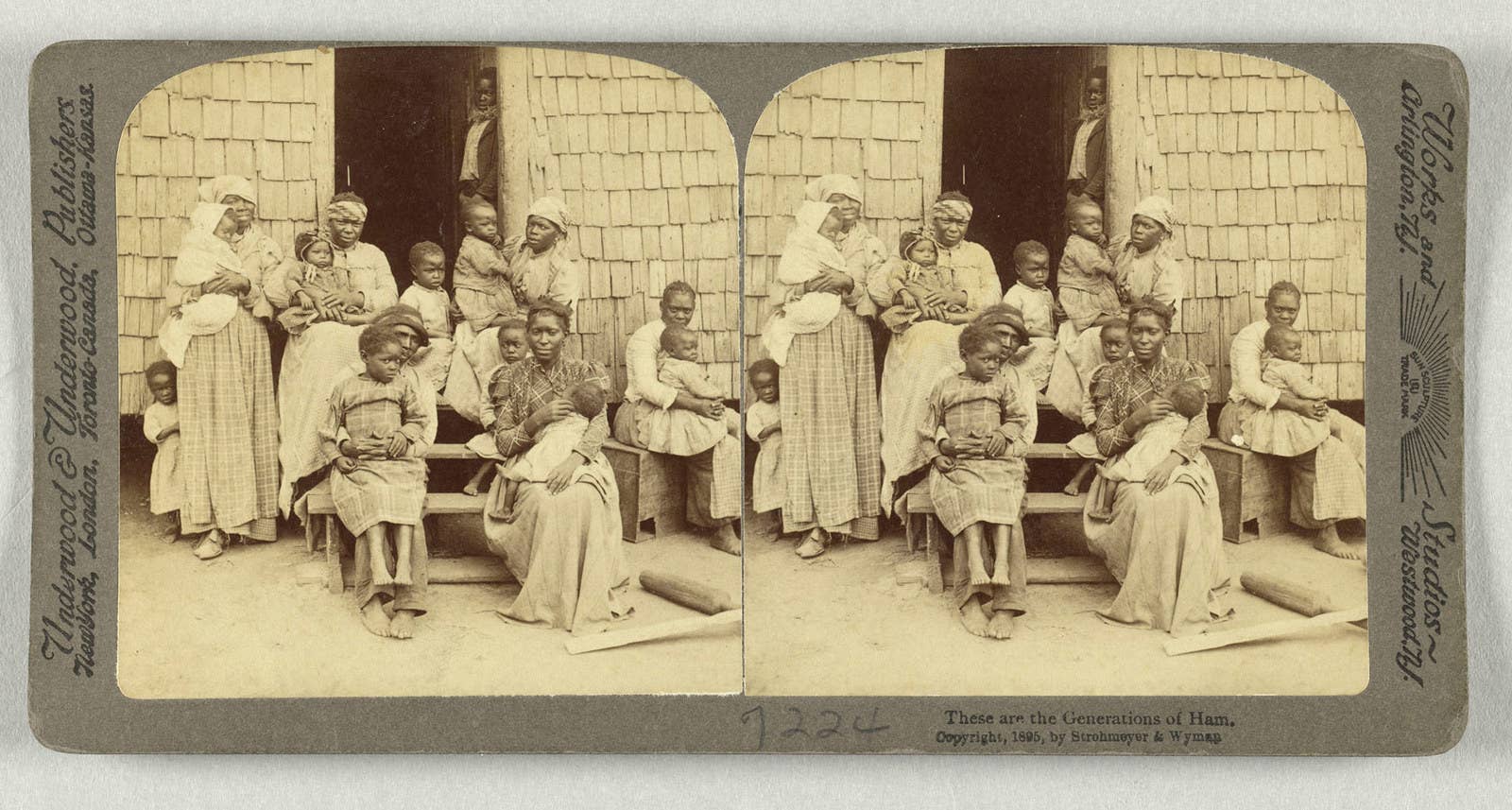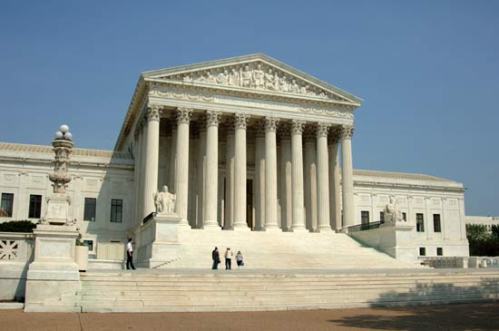THE RACE PROBLEM IN AMERICA

Currently America finds itself engulfed in racial turmoil. The brutal killing of a black man by a white police officer has touched off demonstrations and riots across the country. All of this has raised questions about America’s racial past. Monuments of famous Americans are being torn down, including some of figures who had no connection with the Confederacy during the Civil War, including, ironically, the famous Union general Ulysses S Grant.
It is hard for many Americans to know what to make of all of this. Is America racist? Do just black lives matter? What about the rest of us? The protests go on.
The problem here is that many white Americans can hardly understand, let alone relate to, the experience of black Americans. Here in rural north-central Pennsylvania, where I currently live, hardly anyone has ever met a black American in person. And yet I once lived in inner city Philadelphia, in the Logan section of the city for those familiar with the area, and was the last white person on my block.’
The fact of the matter is that America has a troubled racial past, the effects of slavery persist to the present day, and racial discrimination and injustice are a dark stain in the character of our nation.
It all began with the slave trade in colonial times. Strictly speaking, whites did not enslave blacks, but they provided a powerful financial incentive for blacks to enslave blacks. Tribes living near the coast would make war on other tribes living in the interior, take a number of captives, and sell them to slave traders along the coast.
John Newton, who had been a slave trader himself until he later became a clergyman and the famous hymn writer, described in a report to the British Parliament the deplorable conditions on board the slave ships. The ships were crowded beyond capacity. Once out in international waters the slaves were entirely at the mercy of the ship’s captain, who was essentially a law unto himself. Many died in transit. Many of the female captives were sexually abused by the ship’s crew. And once the ship finally made it to port on the opposite side of the ocean, families were broken up never to see each other again.
At the Constitutional Convention in 1787 the subject of the slave trade came up for debate. At one point Luther Martin of Maryland pointed out that the slave trade was inconsistent with the principles of the revolution and dishonorable to the American character; to which John Rutledge of South Carolina replied, “Religion & humanity have nothing to do with the question. Interest alone is the governing principle of nations” (Madison’s Notes, Aug. 21).
White Southerners would often try to defend slavery by saying that slavery was not necessarily cruel or inhumane – it was simply a form of social and economic organization. And in fact relations between masters and slaves would vary from plantation to plantation. In some places household servants were treated almost like family.
Southern states, however, enacted “slave codes,” but they typically afforded slaves only limited protection from abuses by their masters. Black people were not permitted to testify in court against whites, and the white juries were typically reluctant to convict white slave holders. The movements of slaves were restricted, and it was illegal to teach a slave to read and write.
Slavery had a profoundly debilitating effect on the black psyche. Far from being a humane and civilizing influence, it left slaves largely without cultural norms of their own. It stripped them of their native African culture but did not permit them to enter fully into the Southern white way of life either.
What was to have especially debilitating long-term consequences was in the area of sexual morality. The institution of marriage among the slaves was simply not honored the way it should have been. A slave marriage could be broken up at any time by the slaves’ master when he would sell the one spouse and not the other. Slaves were married “’till death or distance do us part.” Families were often wrenched apart. But what was even worse was the widespread sexual promiscuity that took place on plantations, with slave masters and overseers frequently taking advantage of the female slaves. The white slave-owner’s wife often had to pretend that she didn’t notice the mulatto children running around. The black male was often reduced to little more than a breeding animal.
The slaveholders’ pretensions that slavery was a humane and civilizing institution was given the lie by the infamous Dred Scott Supreme Court decision of 1857. Dred Scott was a slave whose master, an army surgeon, had moved him to Illinois and then to Ft. Snelling in what was then the Louisiana Territory, both places in which slavery was forbidden. Scott, then, argued that he was in reality a free man. Chief Justice Roger Taney, however, writing for the majority, declared that the Founding Fathers never intended to include black people in the “all men” in the Declaration of Independence who were “created equal,” and that they had been “regarded as beings of an inferior order . . . so far inferior, that they had no rights which a white man was bound to respect” (19 Howard 393). Scott, then, supposedly did not even have a right to bring his case before the Court simply because he had black skin. The Court, in effect, deprived a whole class of human beings of their basic human rights.
The Civil War was the inevitable result. It emancipated the slaves, but at a terrible cost. Almost a half a million Americans lost their lives in the process. But emancipation did little to prepare African-Americans for the privileges and responsibilities of freedom. And once the Reconstruction period was over most Southern states imposed a strict segregation in the form of “Jim Crow” laws, which were designed to keep the black person “in his place” and preserve some of the social hierarchy of the ante-bellum South. Once again, black Americans were made to feel inferior.
Perhaps the most serious ongoing problem created by slavery was the dysfunctional family structure found in the black community. B.B. Warfield, the distinguished Presbyterian theologian with roots in slaveholding Kentucky, could write in 1887 about “the odd divorce of religion and morality which is so frequently met with among the blacks,” and noted that “by its very nature, slavery cannot allow to its victim a will of his own; that it leaves him master of none of his deeds; that it permits him ownership of nothing, not even in his honor or virtue” (Selected Shorter Writings, Vol. II, pp. 736-737). This, he says, was especially true of the generation of blacks born immediately after emancipation. They knew nothing of the social constraints of slavery, and did not have strong family values of their own.
The effects of this loose sexual morality extend down to the present day. Writing in 1982, nearly a full century after Warfield, John Perkins, a prominent African-American evangelical leader could say,
“Twenty-eight percent of black families are poor. Robbery
and rape are at epidemic proportions. Thirty percent of the
the girls showing up at abortion clinics are black. Prostitution
is at an all time high. About 40 percent of all black families are
single-parent households. The lack of a father image, especially
for our young boys, is leading to rebellion and crime.”
(With Justice for All, p. 39)
The problems, then, within the black community are real and persistent; and they are indeed the legacy of the “Peculiar Institution,” slavery. But it is also a classic example of how otherwise honest and well-meaning individuals can be drawn into overlooking and even rationalizing systemic evil. Today we condemn Southern slaveholders and tear down their statues, and justly so. And yet how many convenience store operators honestly believe that alcohol and tobacco products, lottery tickets and pornography, are really good for their customers? Why, then, do they sell them? The answer, because they are legal and profitable. (What better way to generate a steady revenue stream than to get your customers addicted to your product, even if it eventually kills them?) Too often it is the profit motive that drives evil behavior.
Today we look back at the Dred Scott decision and are utterly appalled. And yet the Supreme Court could use the same perverse logic in Roe v. Wade to deny unborn children the right to life. (They presumably do not qualify as legal “persons.”) How many protesters against racism are willing to come out against abortion? Probably very few. And yet the underlying moral principle is the same.
It all comes back to what we said we believed in the Declaration of Independence: “We hold these Truths to be self-evident, that all Men are created equal, that they are endowed by their Creator with certain unalienable Rights, that among these are Life, Liberty, and the Pursuit of Happiness . . .” As human beings we are ultimately accountable to God for our actions. Let us do unto others as we would have them do unto us.
